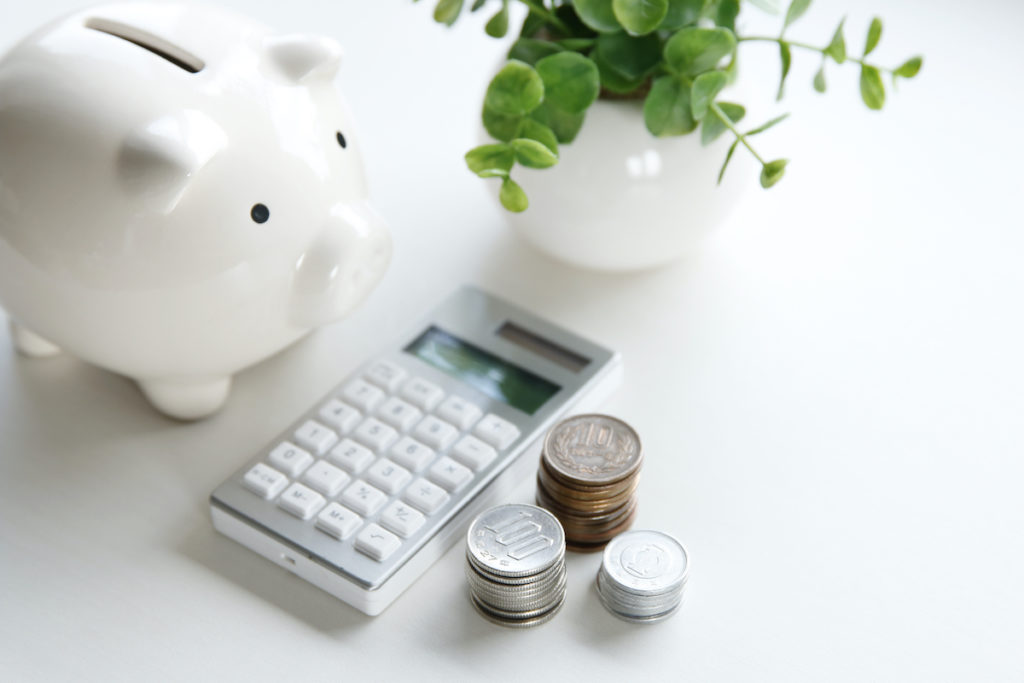Money gurus have long advocated the benefits of having an emergency or rainy day fund. This type of fund helps cover your everyday expenses in case you lose a job. Having an emergency fund, in fact, is essential now that the United States is officially in a recession.
Although a rainy day fund is important in protecting your finances, there’s such a thing as having too much cash stashed in this fund. You could be using that extra money to pay off debt, enroll in courses that will increase your market value, start a business from the ground up, or invest in a profitable restaurant franchise.
Figuring out the line between a “just right” and “too much” rainy day fund is difficult to tell. These four signs, however, point to an excessive emergency fund:
You Factored in Discretionary Expenses When Calculating Your Emergency Fund
The general rule in rainy day funds is to stash away money equivalent to three to six months’ worth of living expenses. Living expenses refer to things you need to survive, such as food, water, and shelter. It does not include discretionary expenses, such as online subscriptions, high-fashion clothing, and other luxuries.
If your income is high and you’re living like a celebrity, you don’t need to save money three to six months of your current expense levels. You should cut back on discretionary spending once you lose your job or face a severe medical problem.
When computing your expenses, focus on the essentials, such as groceries, utility bills, car loans, and mortgage.

You’re Having Trouble Paying off Your Credit Card Debt
Another purpose of having a rainy day fund is to prevent you from drowning in consumer debt. With this type of fund, you won’t have to charge essential expenses on a credit card. When you have any extra cash from your emergency fund, use that to pay down your credit cards faster.
You’re Lagging on Your Retirement Savings
Too much money in your rainy-day bank account becomes a problem if you’re behind on putting cash on your retirement savings vehicle, such as your IRA and 401(k). The issue with putting your money in an accessible account is the low interest rate. Many savings accounts in the country have a measly rate of one percent. The extra cash stashed in the bank grows a lot slower than money invested in a mutual fund or retirement account.
If you’re having difficulty catching up on your retirement savings, take a close look at the emergency fund amount in your bank accounts. If you’ve exceeded the recommended amount set by financial experts, shift some of your cash into your chosen retirement vehicle.
You and Your Partner Are Both Working Full-time
You don’t need a huge rainy day fund if you’re a two-income household. If you lose your job because of the recession, for instance, your better half could cover your needs while you’re searching for work.
Having too much of a good thing is bad — and this applies to emergency funds. By saving just enough in your bank account, you could take advantage of investment vehicles that will grow your money.

